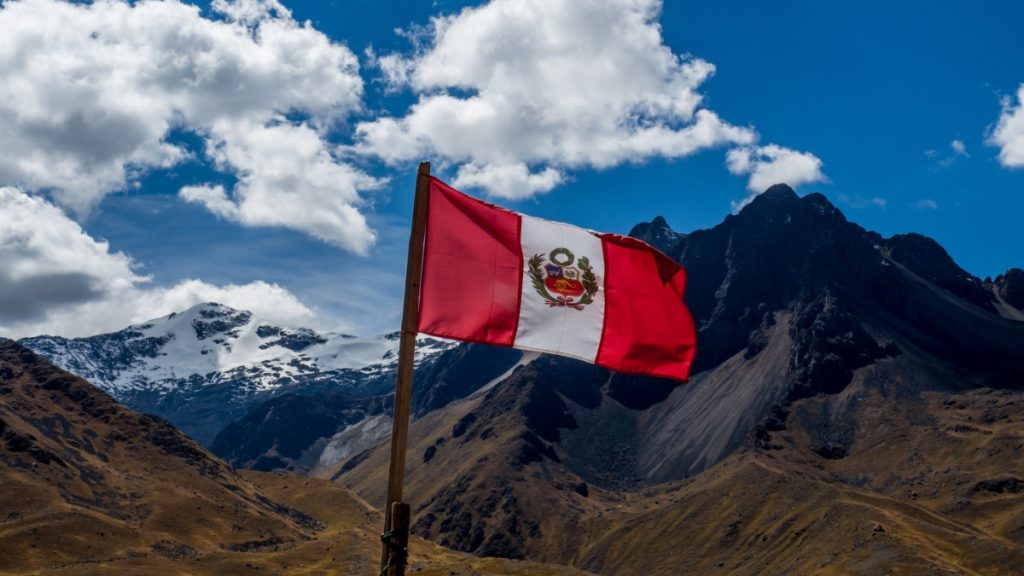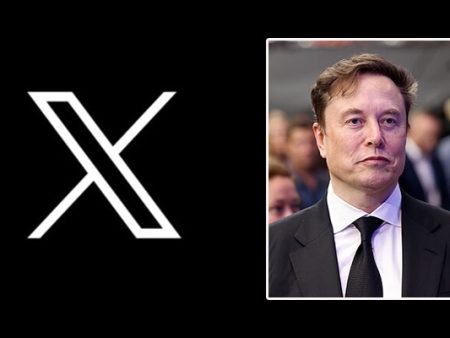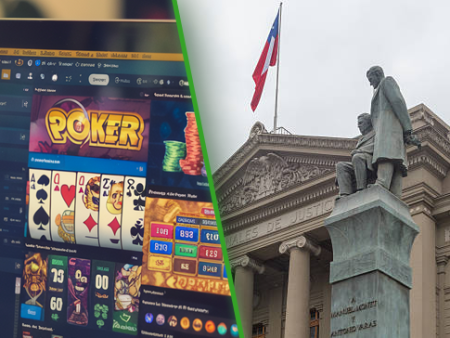Lucia Gando of SBC Noticias writes for iGaming Expert. She reports that gambling license holders in Peru are ready to demand a repeal of President Boluarte’s 1% revenue tax. They consider the measure unconstitutional.

Licensed gambling operators in Peru have come together to demand the repeal of the 1% ISC, or Selective Consumption Tax, on wagers. They describe the levy as unconstitutional, anti-competitive, and financially unsustainable. As a result, tensions are running high in the country.
President Dina Boluarte’s administration introduced the tax in February of the previous year under Legislative Decree 1644. The government intended it to support Peru’s newly regulated online gambling framework. The ISC places a flat 1% charge on the total value of all bets. This includes wagers made using promotional bonuses. This applies regardless of whether the operator is licensed or not.
For operators holding Peruvian licenses, the tax has become a threat to business. While international platforms can pass the tax on to consumers, domestic firms must absorb the cost directly. This erodes their profit margins and distorts competition.
Industry insiders have described the tax as a blunt instrument that ignores the commercial realities faced by licensed operators. They argue that the government now taxes promotional bonuses—a core tool for acquiring and retaining players—as if they were actual turnover.
According to one executive involved in the legal campaign to overturn the measure, taxing a bonus like real money is the equivalent of charging someone for a prize before they’ve even won.
Carlos Fonseca Sarmiento, a constitutional expert and Gaming Law Peru’s CEO, has gone further branding the tax openly unconstitutional. He argues that Decree 1644 breaches the constitutional principles of equality, legal clarity, and non-confiscatory taxation of Peru. Importantly, the decree fails to clearly define the taxable event, making it vulnerable to legal challenge.


